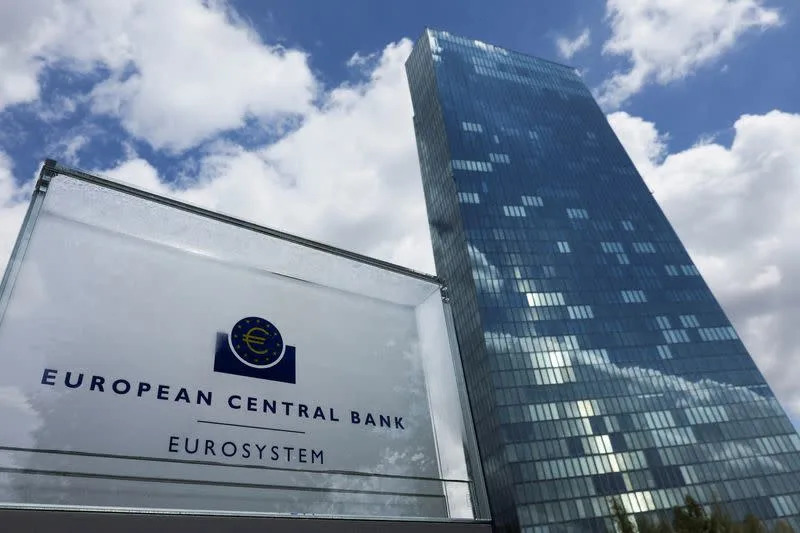European banks this week offered glimpses of unexpectedly good earnings news, but some executives have signaled a bleak outlook for the rest of the year amid runaway inflation, war and shortages. of energy. Deutsche Bank, the German bank in Europe’s largest economy, reported a higher-than-expected second-quarter profit on Wednesday, helped by trading income in volatile markets and higher interest rates.
At the same time, however, Deutsche abandoned a cost target for 2022, cast doubt on its profit target and lowered the outlook for its global investment banking division as operations are scaled back.
“The coming months will continue to be difficult. There are reasons to believe that things will get even more difficult economically,” Deutsche Bank CEO Christian Sewing wrote to employees.
That split-screen image of a strong business coupled with a bleaker outlook is playing out in banks across Europe. In a week of earnings releases from major banks including UBS, UniCredit and Lloyds Banking Group, investors have been looking for signs to confirm whether a weaker economy, higher interest rates and the war in Ukraine are weighing on business and the prospects of the banks.
Since the outbreak of the war, European banks have been thrown into turmoil, trying to cut ties with Russia, running a series of tougher sanctions against Moscow and navigating an uncertain and weakened economy. Central bank efforts to curb runaway inflation across Europe by raising borrowing costs have boosted results at several major financial institutions, but the big question bankers are now asking is whether further cuts Deep gas supply shocks will affect the region’s banks and economies.
Nicolas Charnay, an analyst at the S&P rating agency, said the impact would likely vary across Europe.
“What we probably wouldn’t do is sort of a Europe-based broad rating action. We would differentiate between countries, and potentially also between banks,” he said.
This statement reflects the divergent picture emerging from this week’s results.
UNPRECEDENTED CHALLENGES
In Switzerland on Tuesday, UBS, the world’s largest wealth manager, set the tone with weaker-than-expected earnings growth and CEO Ralph Hamers warning of an “uncertain” rest of the year and a “weak” trust. The bank’s shares fell 9%. By contrast, Italian bank UniCredit raised its 2022 outlook on Wednesday after a surprisingly strong second quarter in which it cut its exposure to Russia and went ahead with a share buyback proposal it had put on hold.
Still, CEO Andrea Orcel said: “The global economy is facing unprecedented challenges and much uncertainty.”
In the UK, Lloyds Banking Group, the UK’s largest national bank, increased its dividend and full-year profitability forecast, despite lower first-half profits and a murky outlook for the UK economy, as the rise in interest rates outweighs moderate growth in provisions for problem loans. CEO Charlie Nunn told reporters that one in five of his 26 million customers had been forced to adjust their spending significantly, with 2.2 million canceling subscriptions to consumer services such as live TV. streaming since last summer, and with an additional cost for an average family of 89 pounds more per month in energy and food.
Credit Suisse, a smaller competitor to UBS, reported larger-than-expected losses and a top management shake-up in its latest effort to recover from a series of scandals and losses.
In the background was the market turmoil associated with the war, inflation and subsequent risk aversion on the part of clients.
“We expect these market conditions to continue for the next several months,” Credit Suisse said.
With interest rates rising in Europe for the first time in decades, banks are beginning to benefit from the widening gap between what they charge borrowers and what they pay savers.
However, the same rate hikes can also trigger waves of defaults when customers struggle to meet their payment obligations. After years of abundant liquidity, the challenge bankers now face is balancing the opportunity to earn more by lending more, while properly pricing risks against a backdrop of deteriorating economic growth prospects. world. On Tuesday, the International Monetary Fund slashed global growth forecasts again, warning that downside risks from high inflation and the war in Ukraine were materializing and could push the global economy to the brink of recession if are not controlled.

